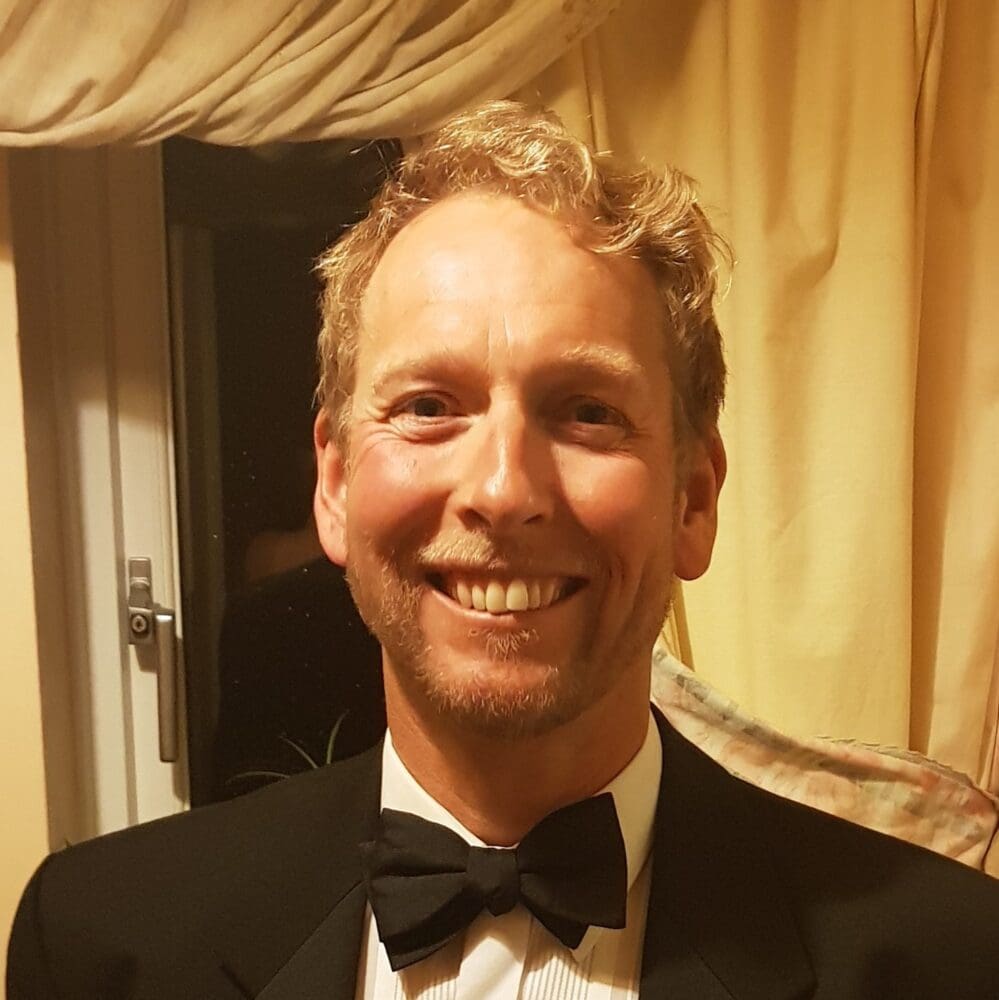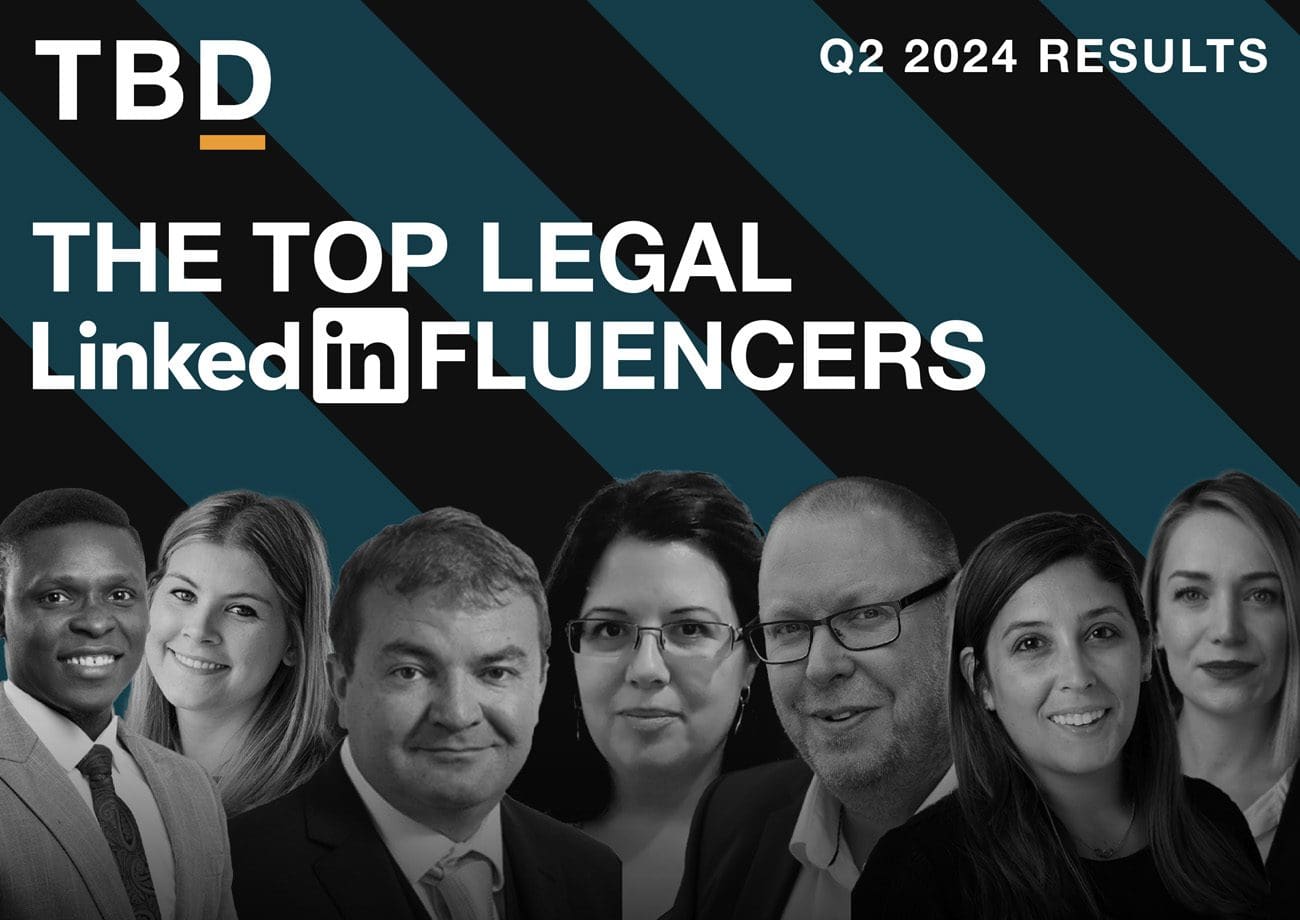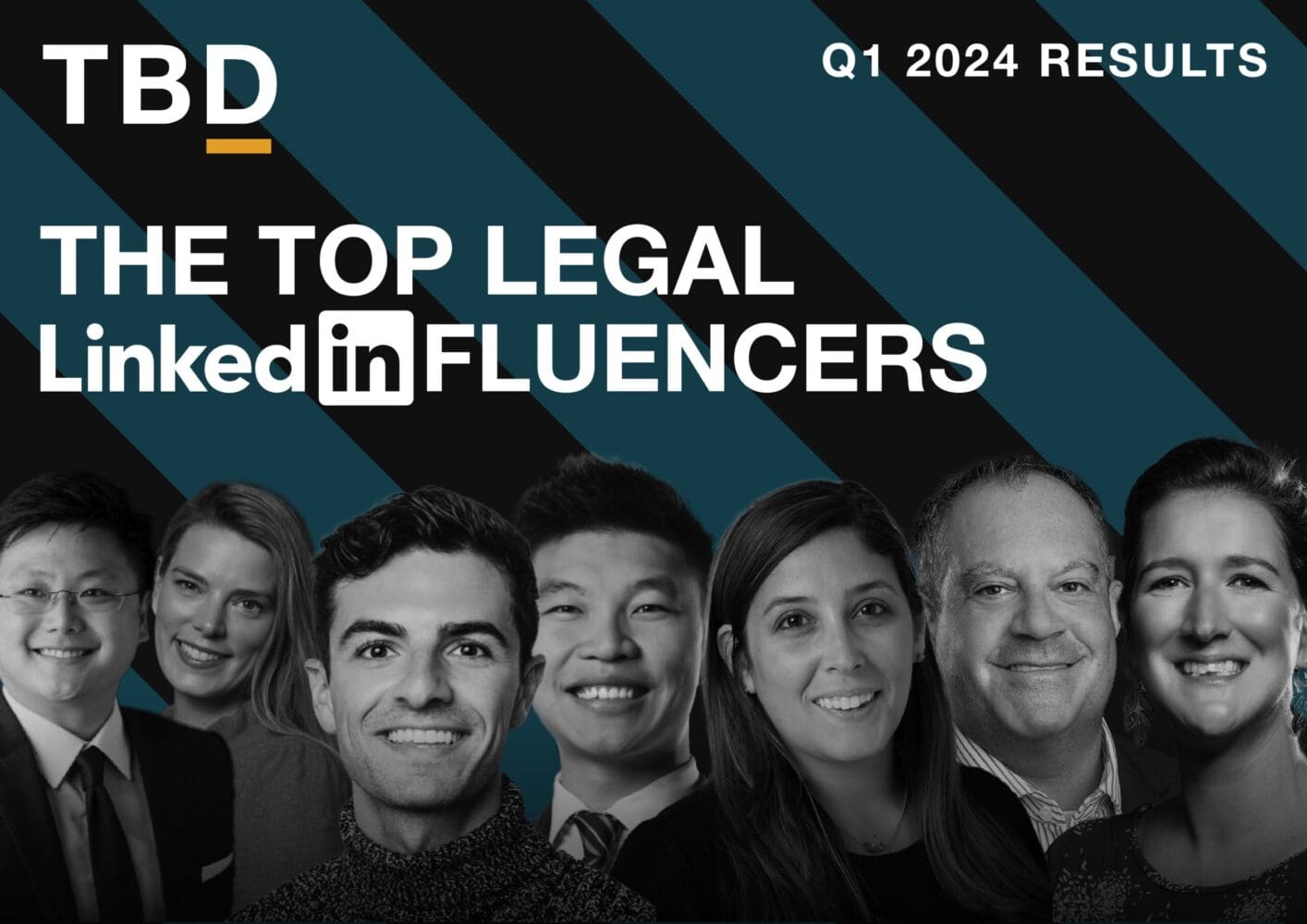Terry Webster explains why he ditched the 9-5 and went back to university
I recently managed to pin down Terry Webster, founder and director of Lindis Consulting, to find out why he chose to leave employment and start his own business. I first met Terry at a dinner and was impressed with his genuine interest in what other people had to say. His active listening is a trait that’s often overlooked. I was also intrigued as to why he’d chosen to do an MBA at the age of 45, so I asked him if he’d be profiled for this blog. SM: Can you explain what you do in fewer than 20 words? TW: My skills and experience in business, pensions and as an actuary help company directors work more efficiently and robustly. SM: Ok, so what does your typical client look like? TW: I work with clients in various industries and sectors. That’s one of the things I like most about my job: the variety and learning how different ways of thinking and culture impacts how problems are approached. The people that come to me are usually the FDs of SMEs. But they’re quite often not only FD, as they’re also wearing the hat of IT Manager, HR Manager, Pensions and Employee Benefit Manager, and others. That’s quite an ask, so it’s no surprise that they often need some help and support. The clients that I work with best are usually values-driven, self-aware, open-minded and collaborative, confident, trusting but not naïve. Self-awareness is a particularly valuable attribute, as for me to function effectively, the FD needs to understand the gaps I can fill and think of me in that context. SW: When did you get your big break? TW: It was probably my first job at London & Manchester, a relatively small UK-based pensions and life assurance company. The actuarial training I received, resulted in me working in several roles. The first two of which involved supporting the client services team and marketing department. This meant dealing closely with clients, potential clients, and those directly in contact with them. It was these experiences that helped me understand the importance of being able to meet others’ needs and to explain issues, sometimes of a complex nature, in ways that your audience can understand and relate. SM: Some would say it was lucky to get your break with your first job. Has it always been plain sailing? TW: No, not at all. In early 2016, I chose to leave the security of a full-time job for a new and unknown world. In my final months there, I got comfortable with the fact that I was a square peg trying to fit into a round hole and the reality was that neither of us were going to change enough to make it work: I just didn’t fit within the business, so I decided to leave. Quite a few of my prior clients wanted to carry on working with me, and I came to a mutual arrangement with my former employer that allowed me to do so. As a result, instead of spending my summer out on my boat as I had intended, I was setting up a new business. I had to learn a lot of stuff I’d never done before: accounting, IT, all the kinds of things that are done for you within a big organisation. Again, in hindsight, it was refreshing. I was invigorated by the new challenges, and by my clients valuing me enough to go to great lengths to employ me. By July, I had enough clients with contracts and the infrastructure to run a skeleton business. SM: It sounds like you were on to something, so what made you go on to do an MBA? TW: A friend who worked at the university sent me a text out of the blue. It said, “Do you fancy doing an MBA?”. I didn’t know what to make of it really, so I ignored him. He phoned me the next day to talk about it, and that afternoon I had an interview with the course leader. Three days later I was sitting in an economics lecture. I felt like a fish out of water. I was 45, surrounded by people much younger and probably much brighter than me. It was a new subject matter and I’d had no preparation, but I believe in things happening for a reason. It’s not very often you get an opportunity like that, so I went with it. The fact that I was able to keep my head above water and then actually start swimming, despite not having any preparation, improved my self-confidence no end. SM: What do you think older business people can learn from younger business people? And vice versa? I’m going to give the opposite answer to most in that older people should stop thinking they know it all! I’m often blown away with how intelligent, enthusiastic, and talented young people are. I fear we don’t generally benefit from their perspectives, insights, and technical know-how as much as we should. Conversely, and building on some of my experiences above, young people would in my view benefit from considering who has the power and who they need to influence (whether they like it or not), and tailor their communications and actions accordingly. SW: What’s topical in your world right now? And what would you like your clients to take action on? TW: I’m very interested, concerned and passionate, in equal measure, about redefining business practices and society, with a greater focus on sustainability and wellbeing. In this respect I’m pleased we’re starting to have meaningful conversations about climate change, mental illness, and plastic waste, for example. The One-Planet MBA I graduated from in 2017 had a strong focus in these areas, and accountability in its widest sense, which was a major factor in my decision to do it. People are drawn to things that resonate with their values. I’d encourage clients to think more long-term, more strategically, and do more to identify and mitigate risks; while at the same time being aware of and taking advantage of market changes and their business strengths. SM: And finally, what gives you the greatest buzz? TW: Knowing I’ve done a good job and made a positive difference. If my client values that and expresses their appreciation too, and especially if they say they’ve enjoyed our interaction, that’s really the icing on the cake. Reflecting both on what I learned about Terry the first time we met, and during this interview, I’d say that:
- If you’re unhappy with where you are, take a calculated risk and try something different
- It’s often worth accepting the opportunities that arise, even if they’re outside of your comfort zone
- It takes guts to be genuinely driven by your values, but it usually pays off in the end.
Terry in a nutshell
He’s a sports enthusiast, currently training for the 110-mile, 10,00 feet Dartmoor classic bike ride and repairing his ageing wooden yacht, Lindis. His favourite restaurant is Casa Velha on Maderia, where he enjoys the occasional round of golf. Being a Spurs fan, he admires Mauricio Pochettino, but more surprisingly Arsene Wenger. You can find out more about Terry and Lindis Consulting on LinkedIn.







